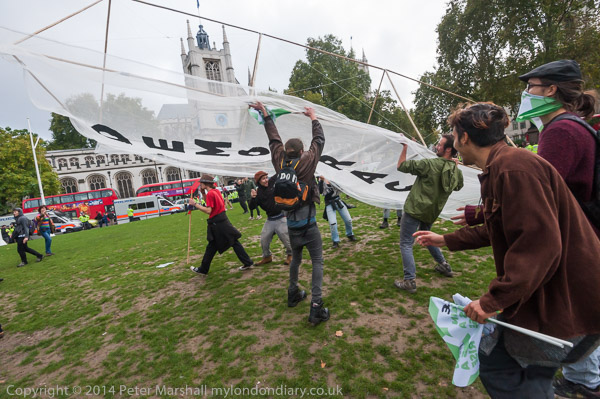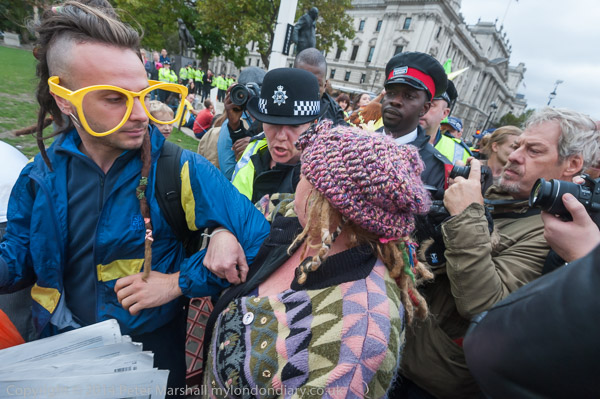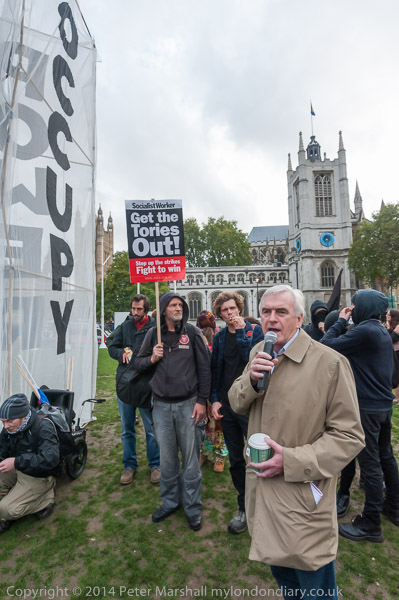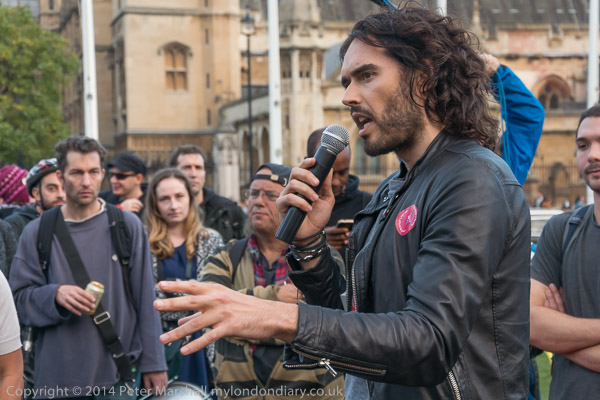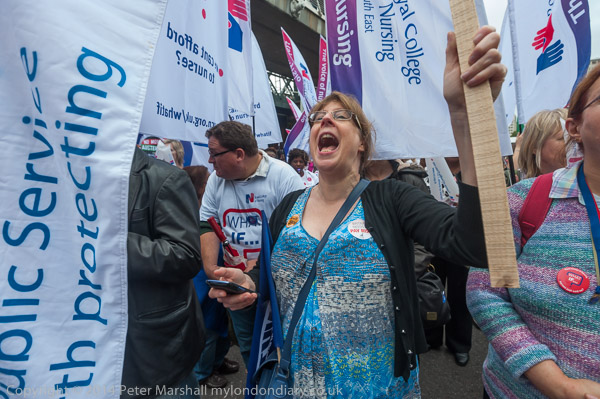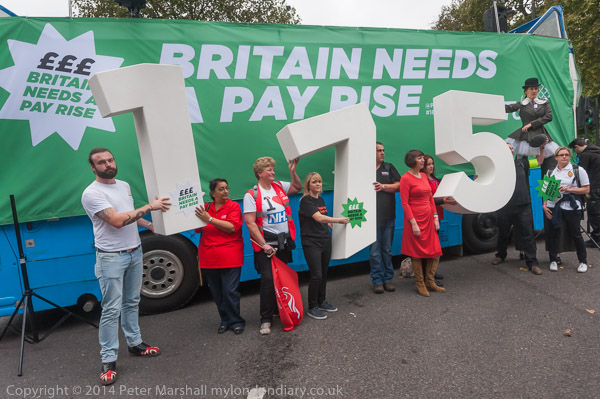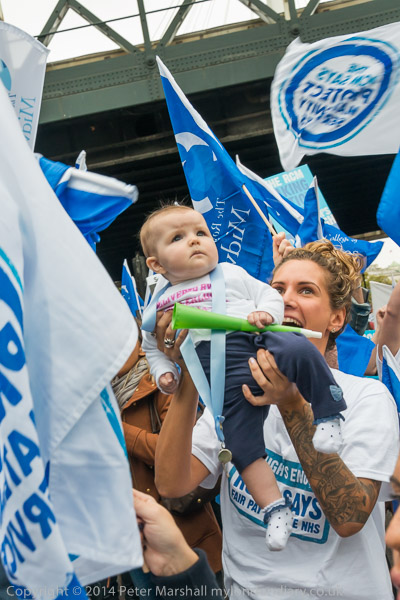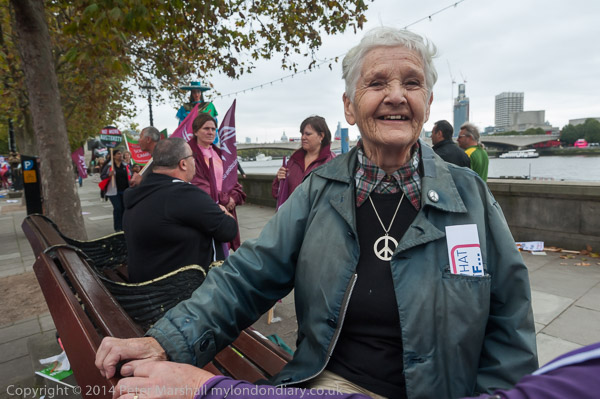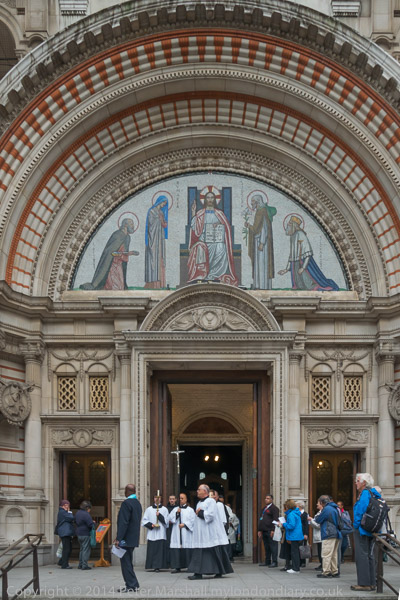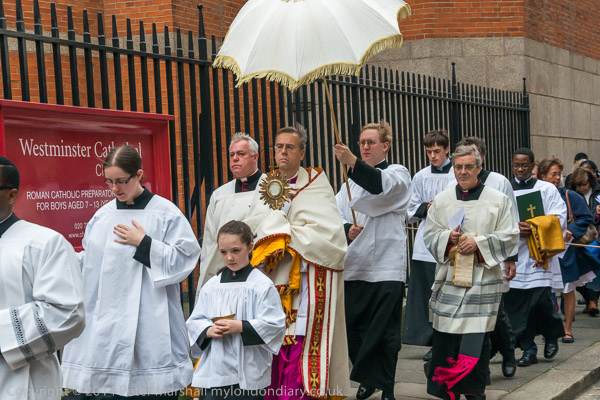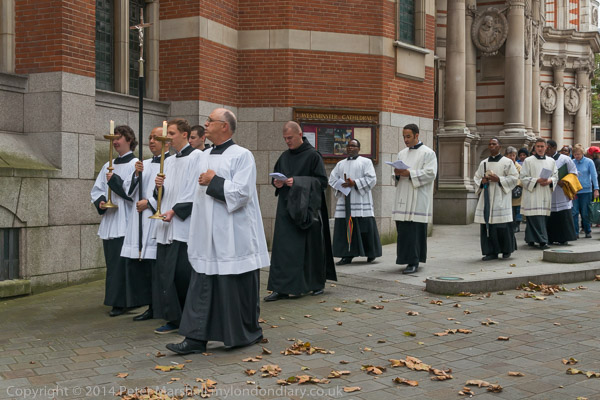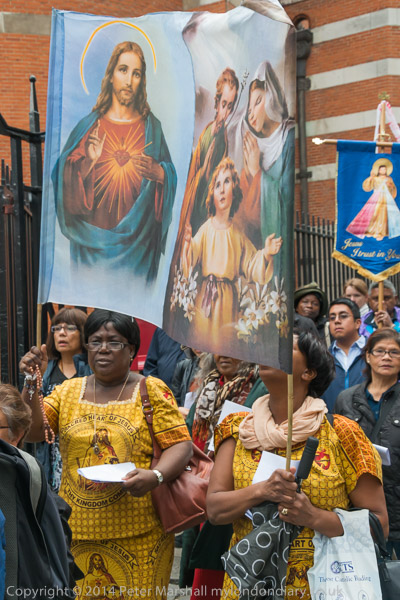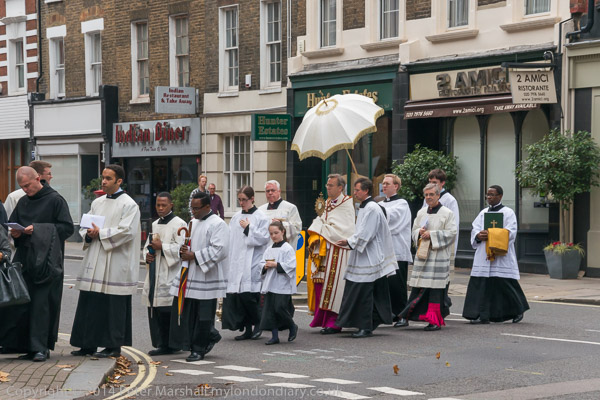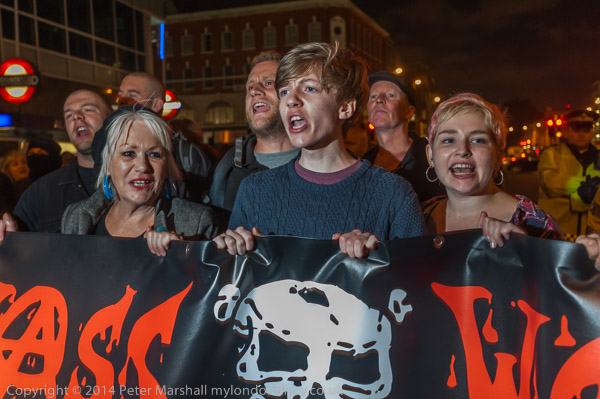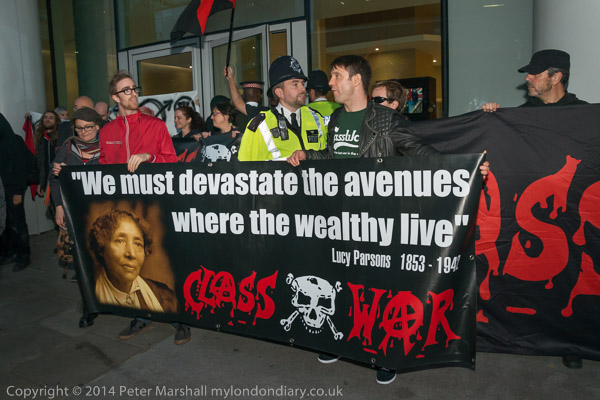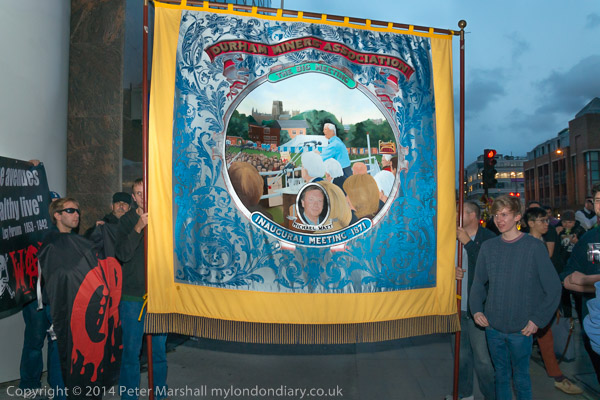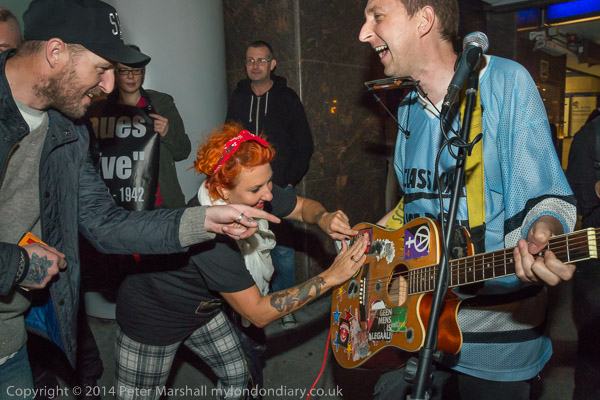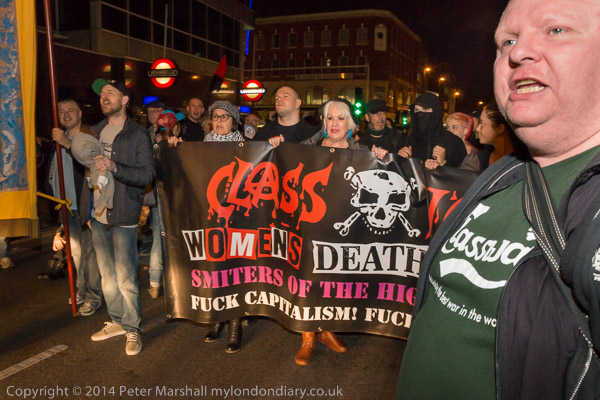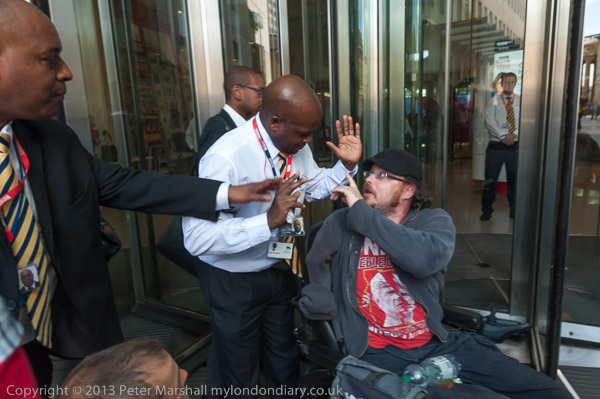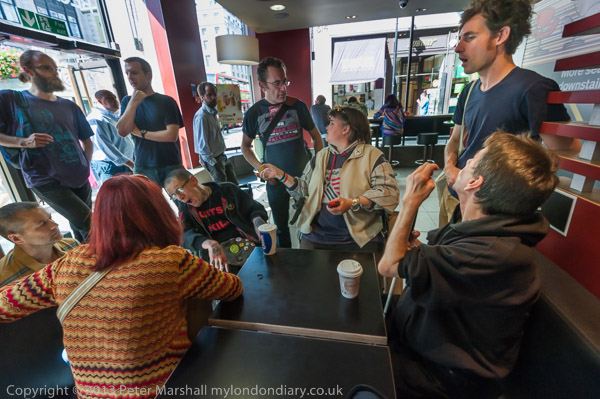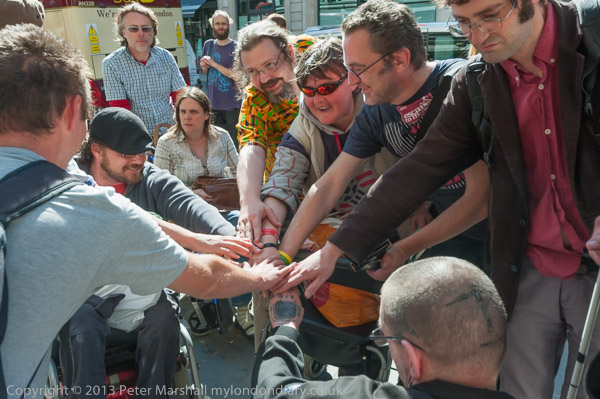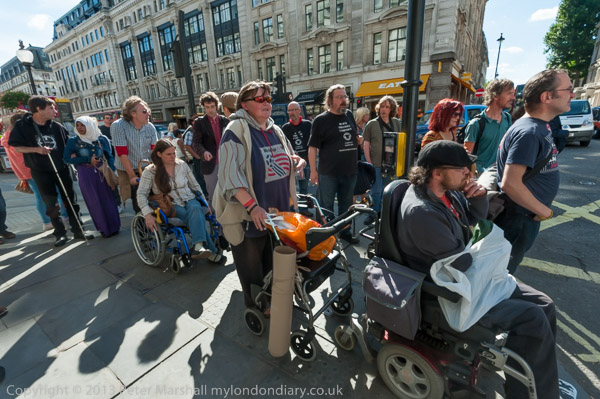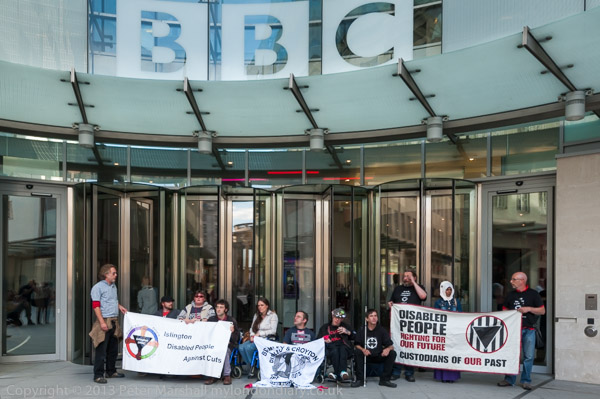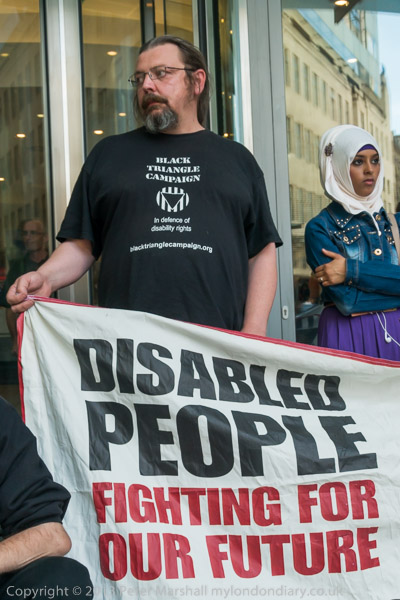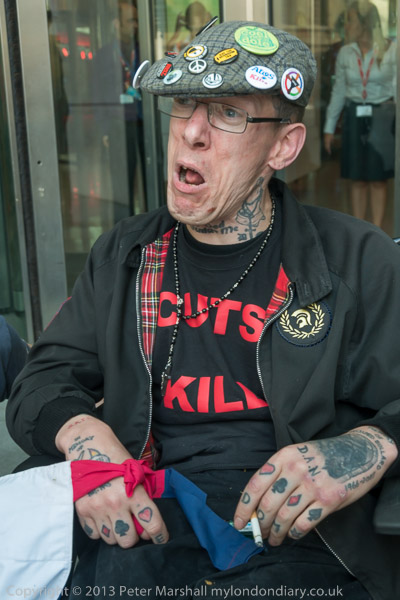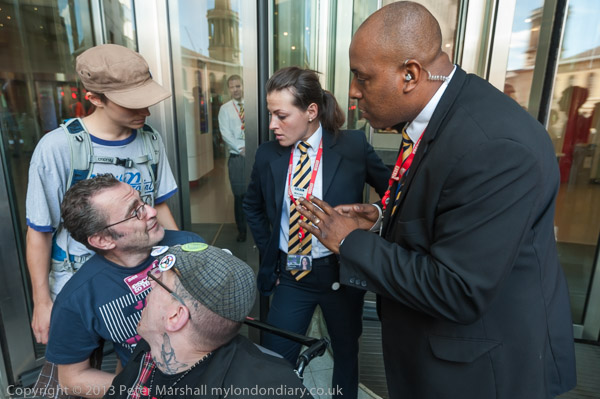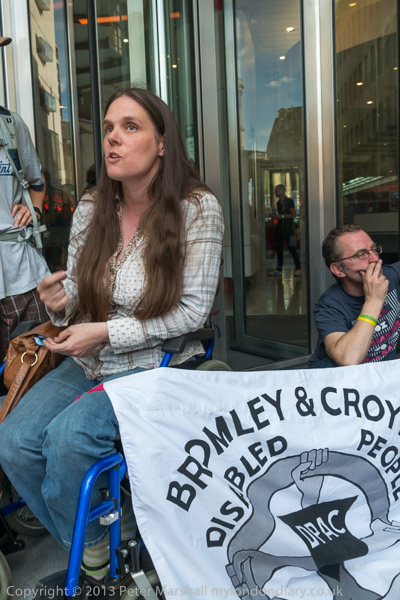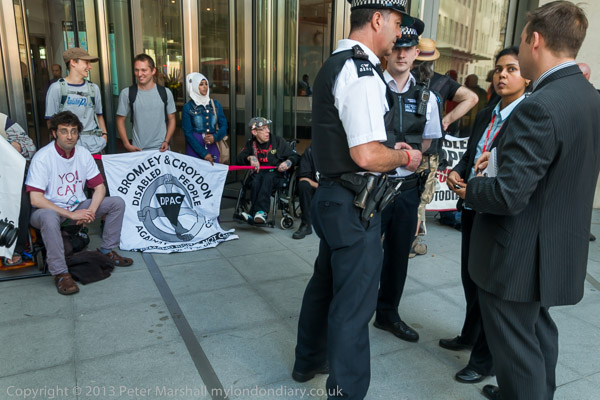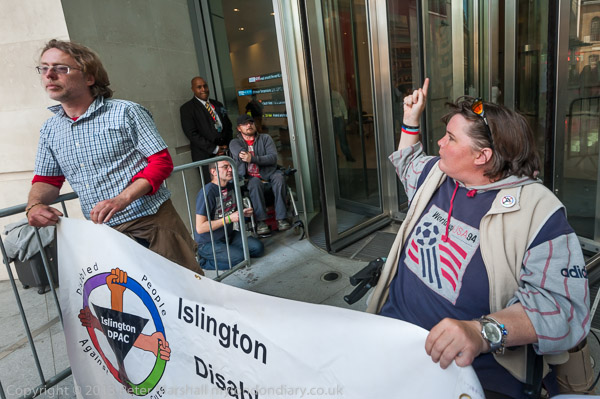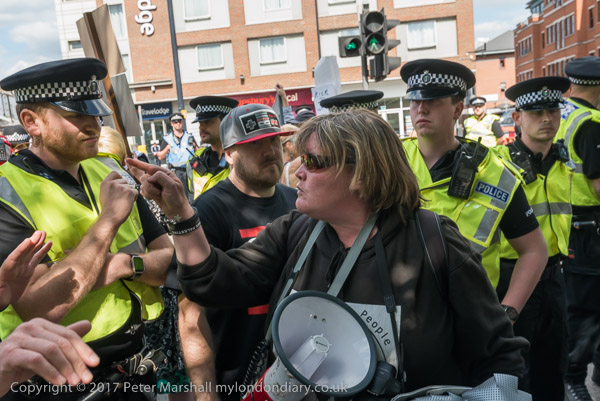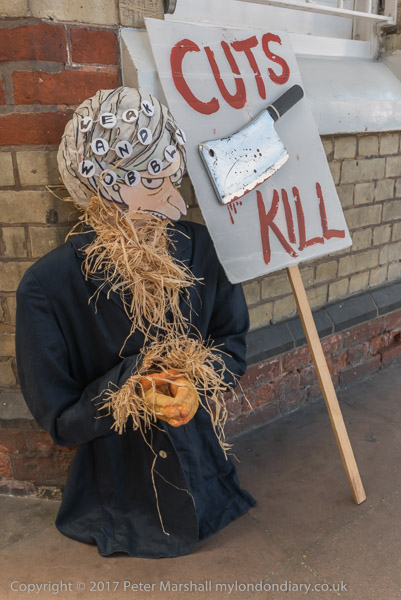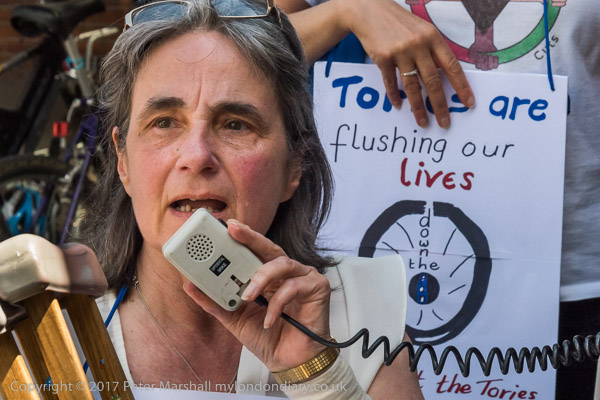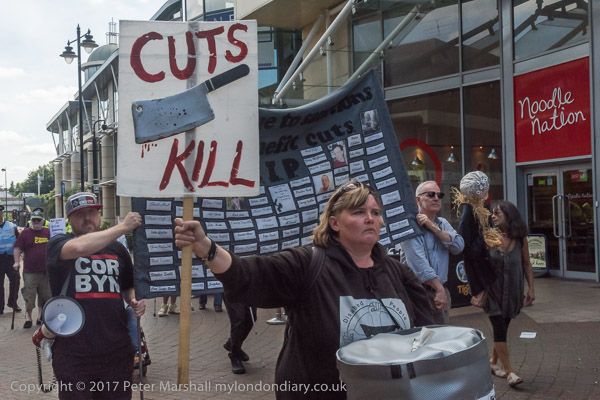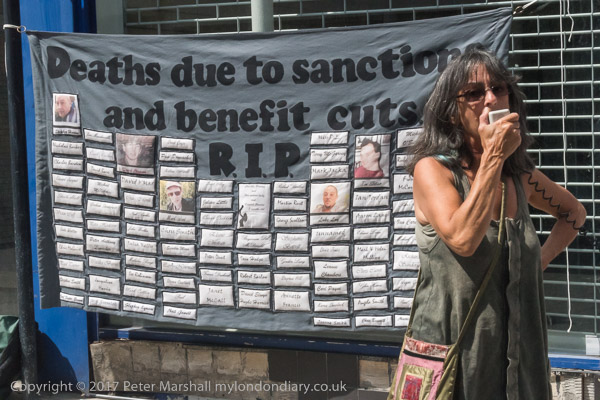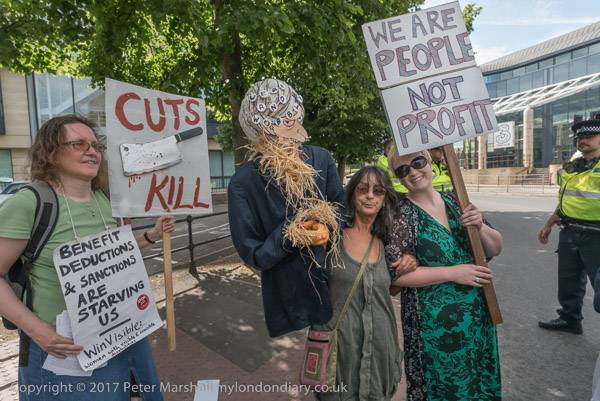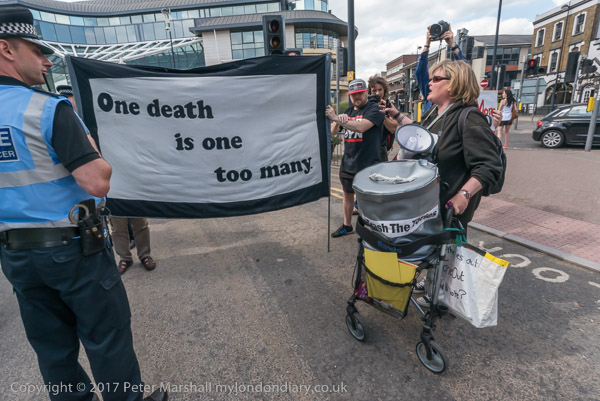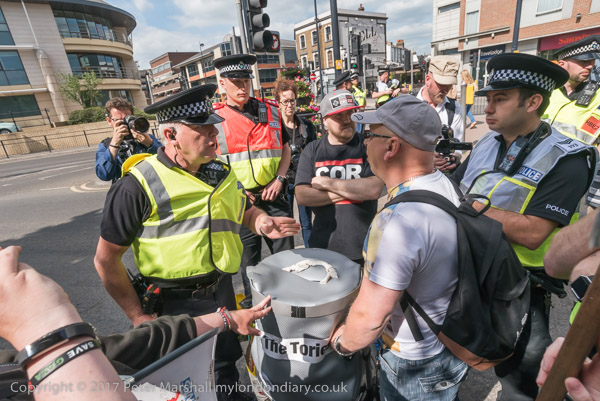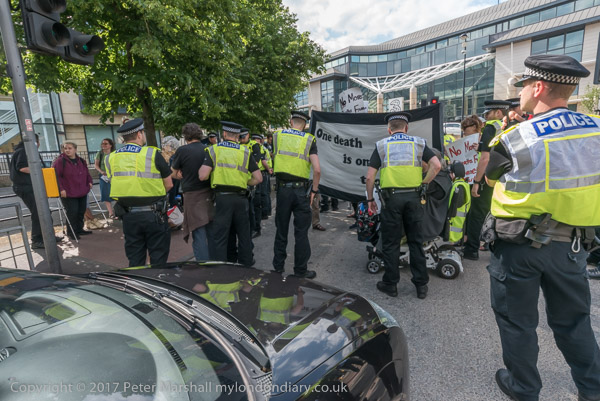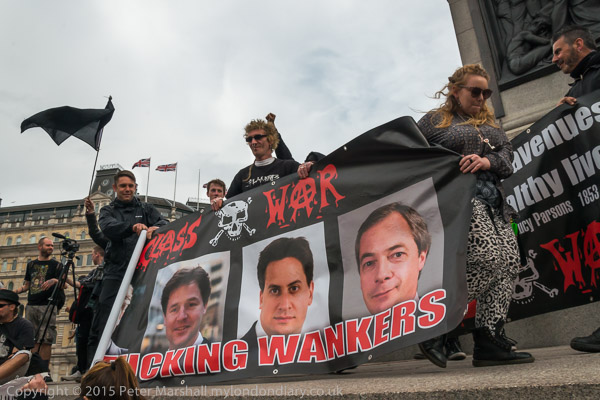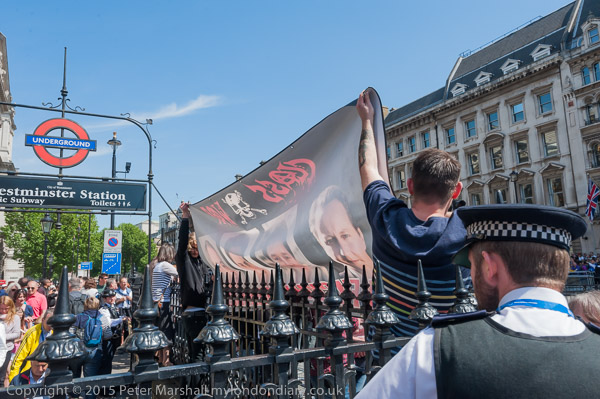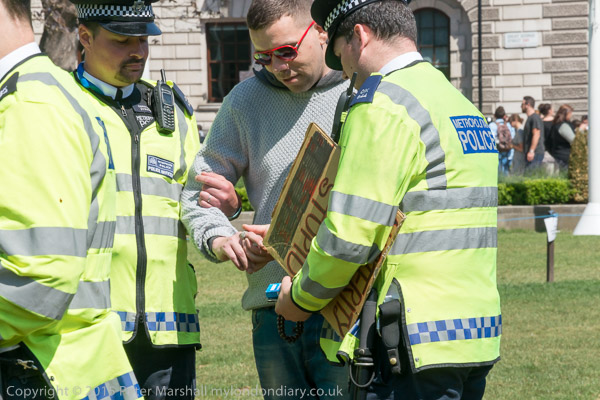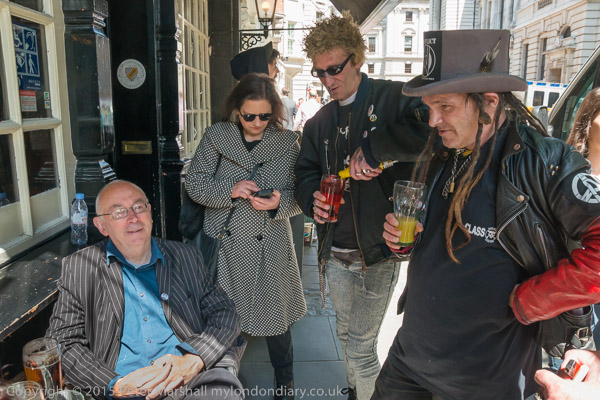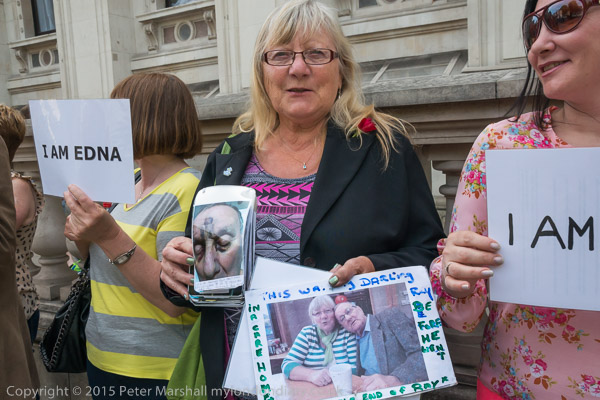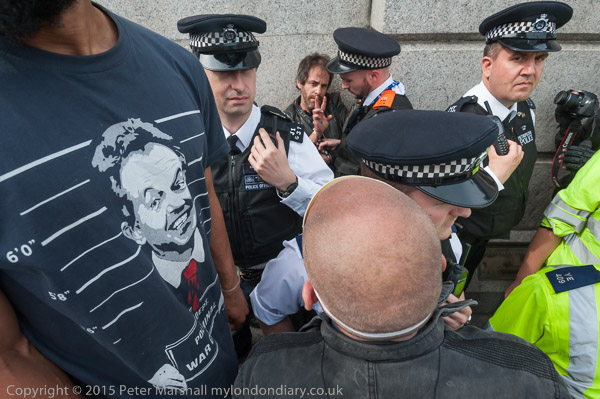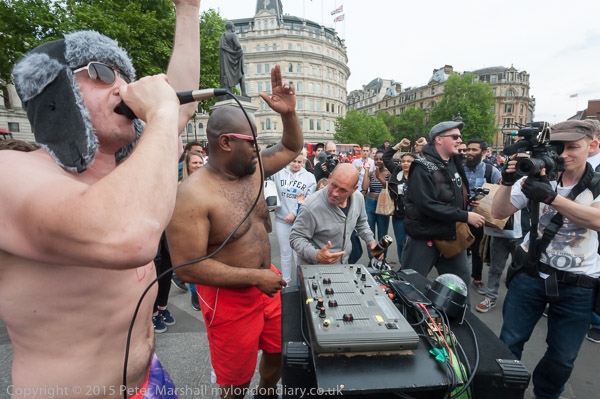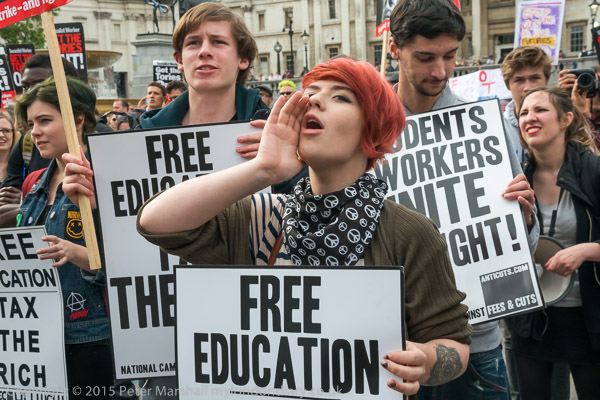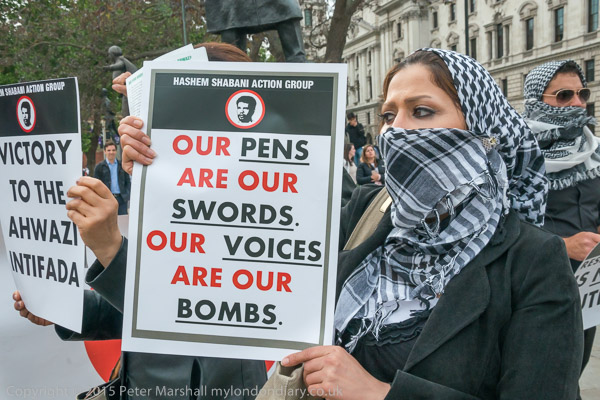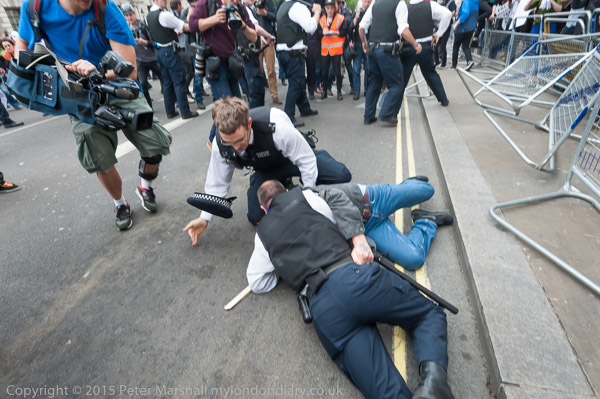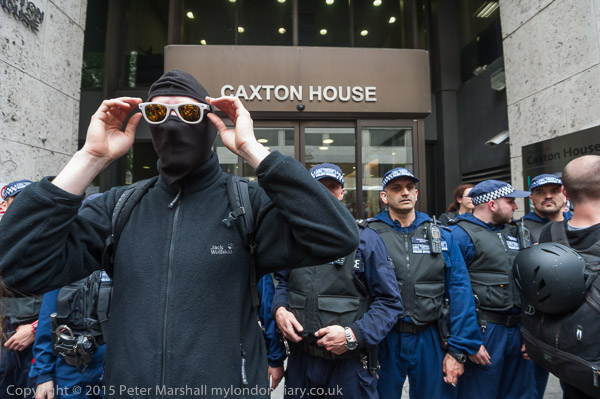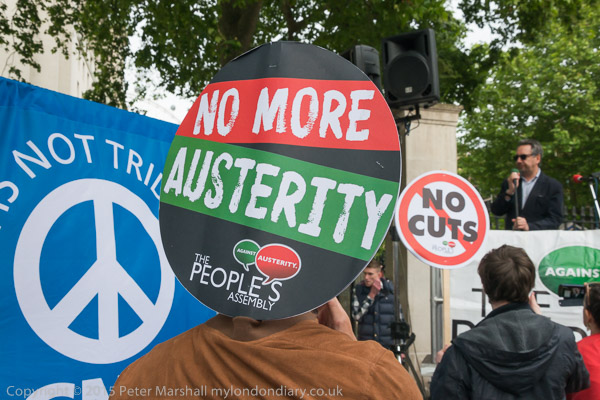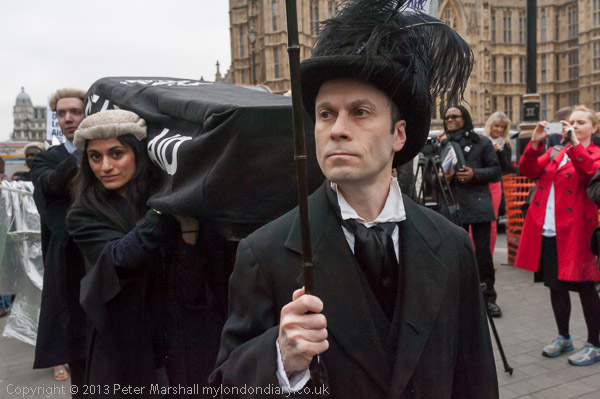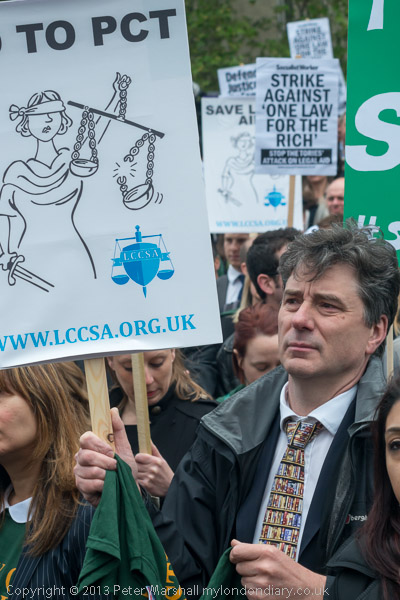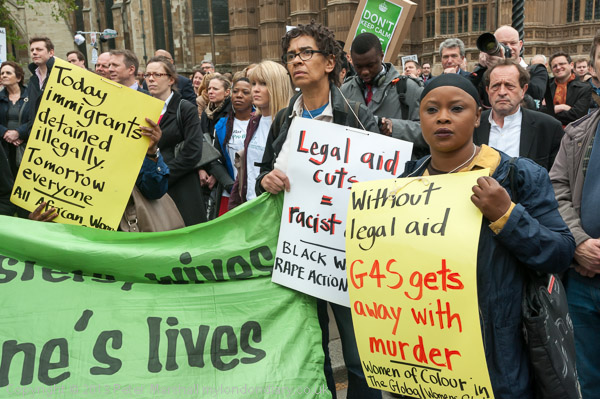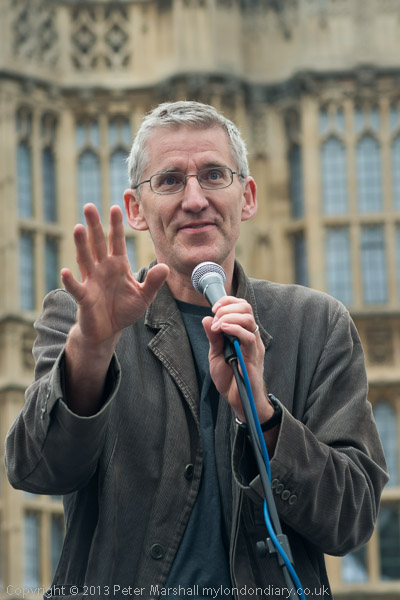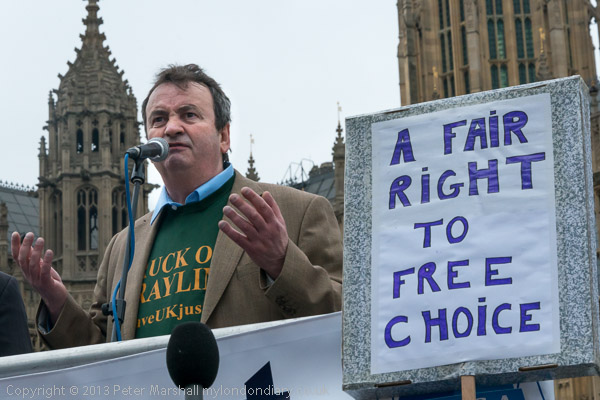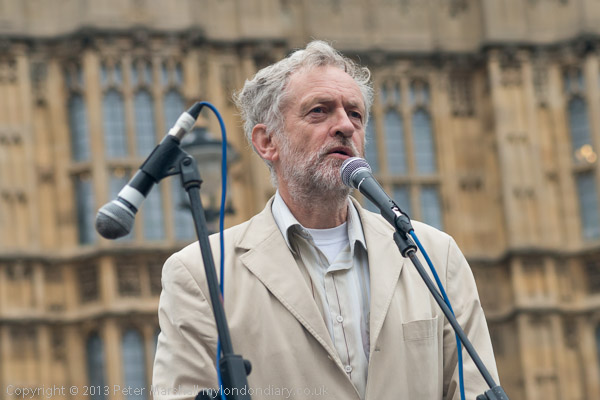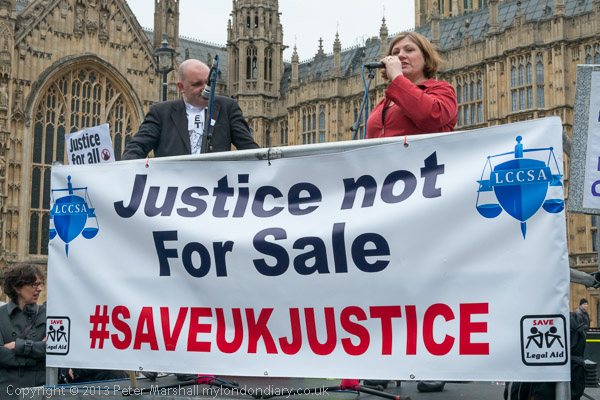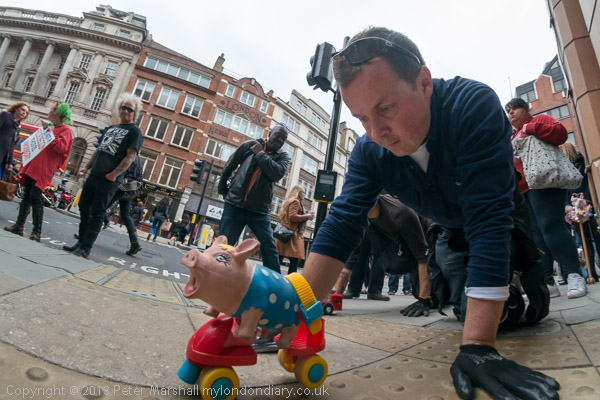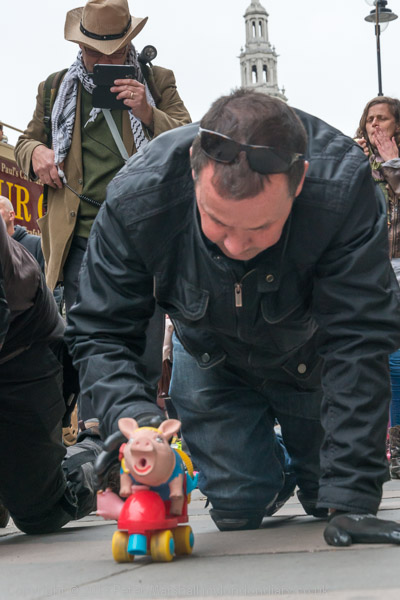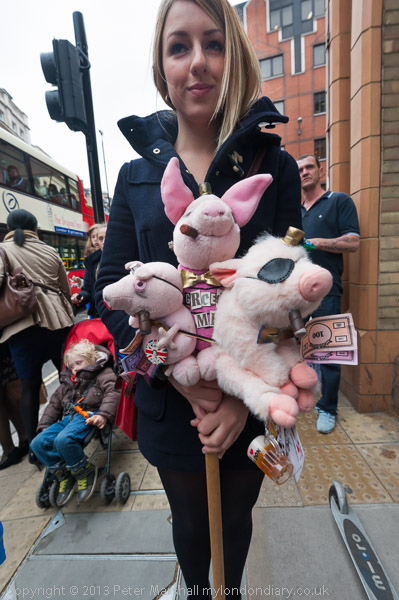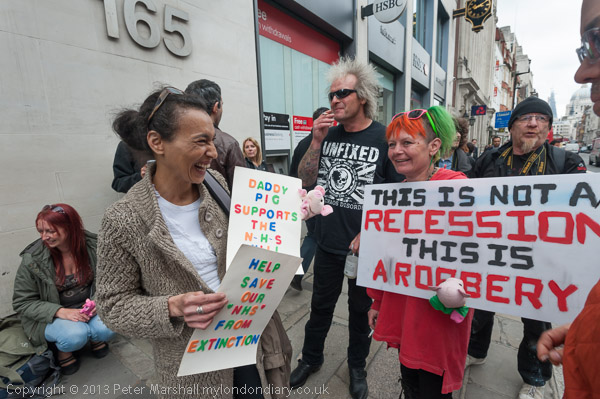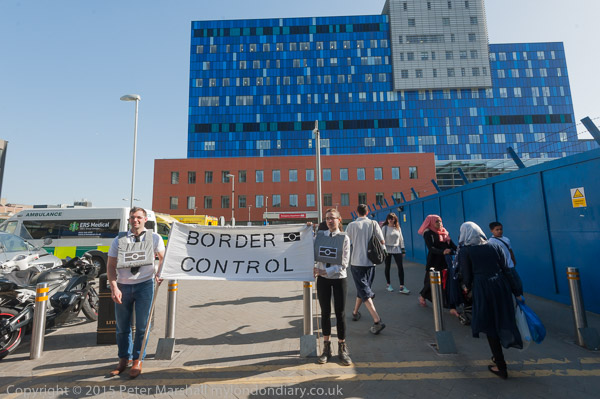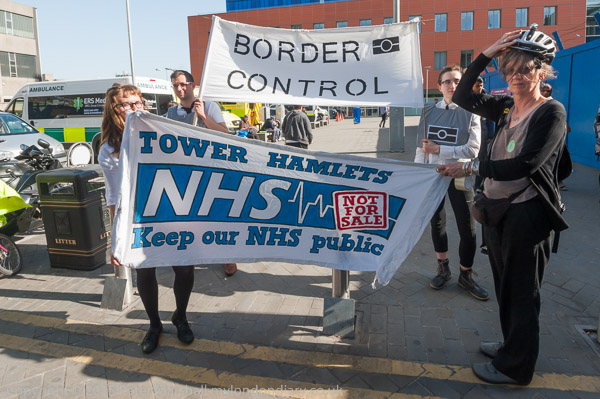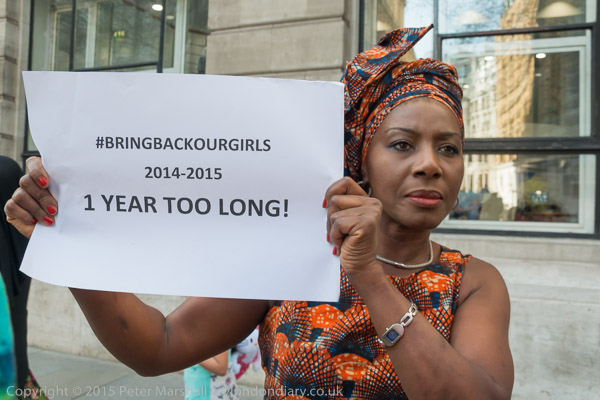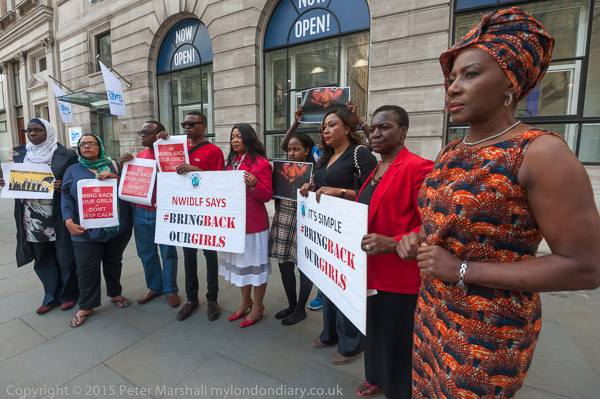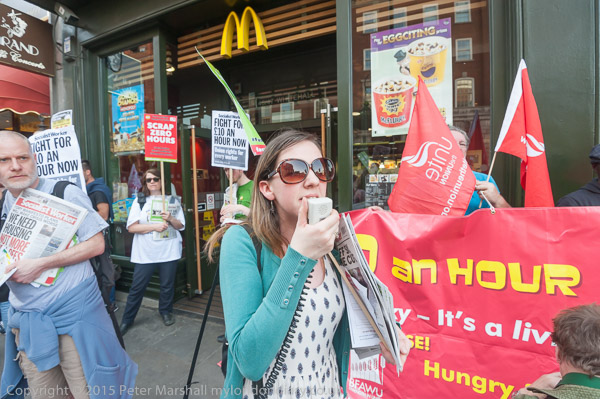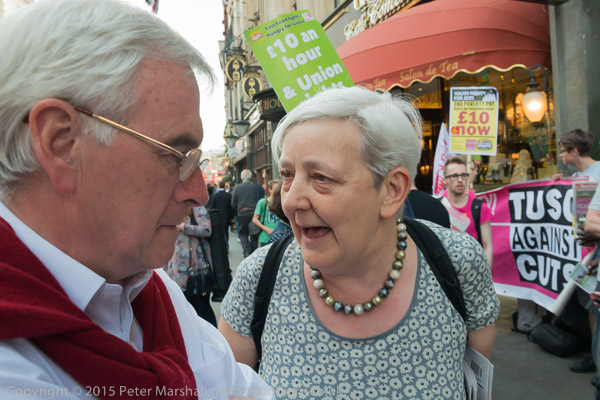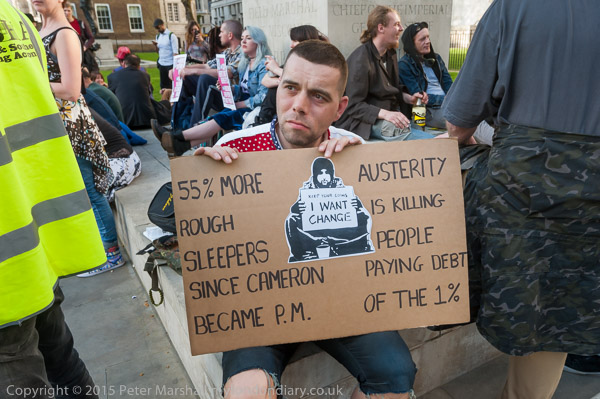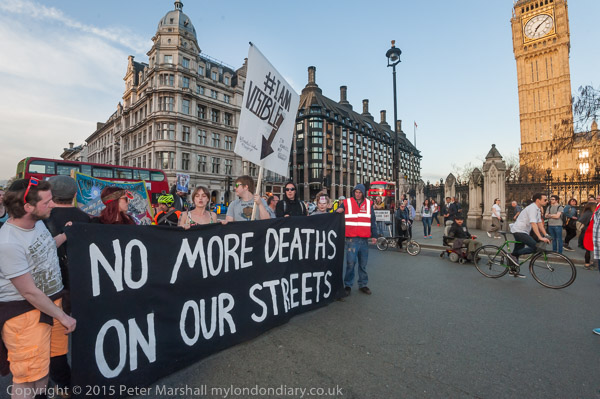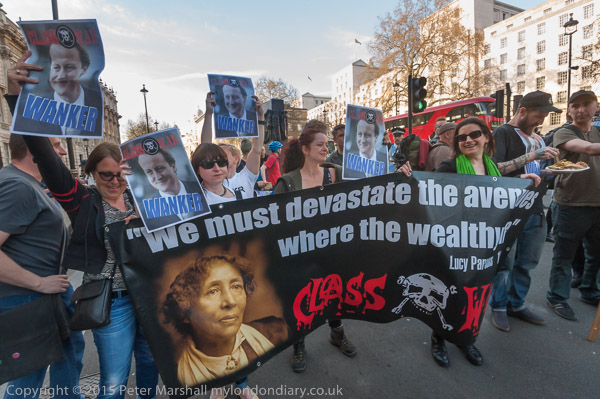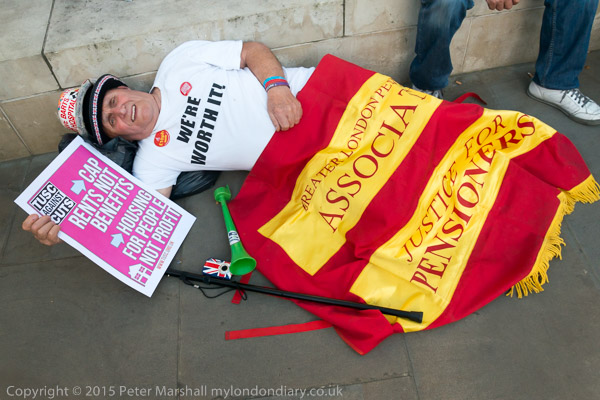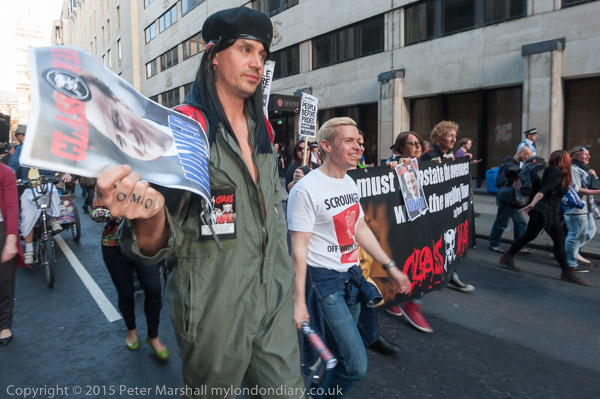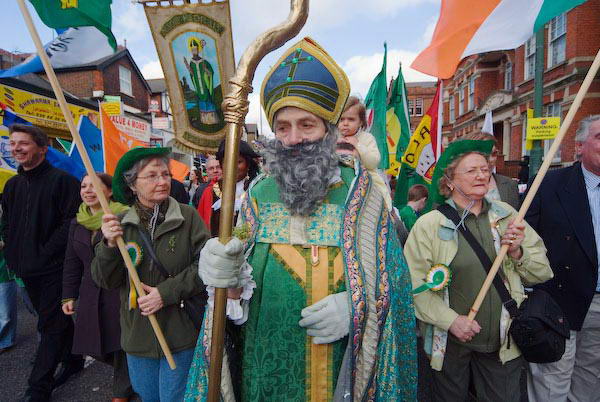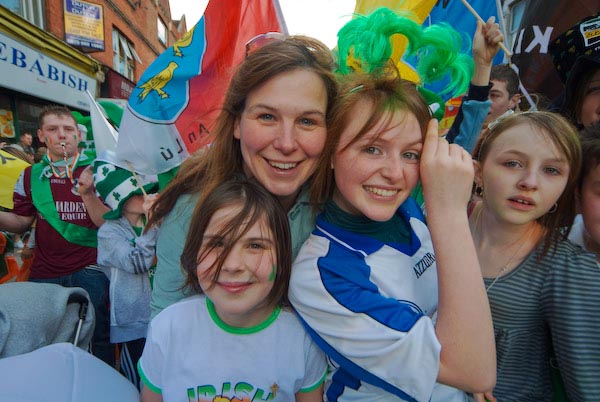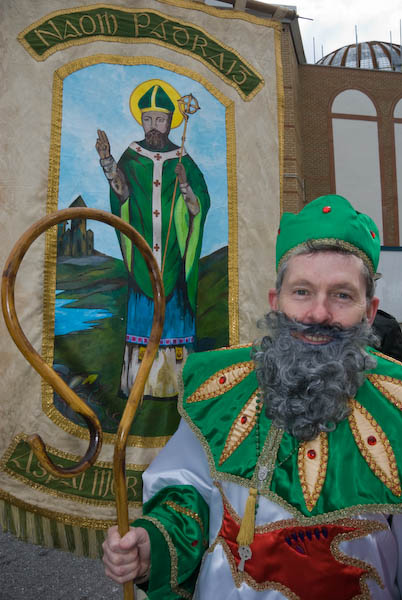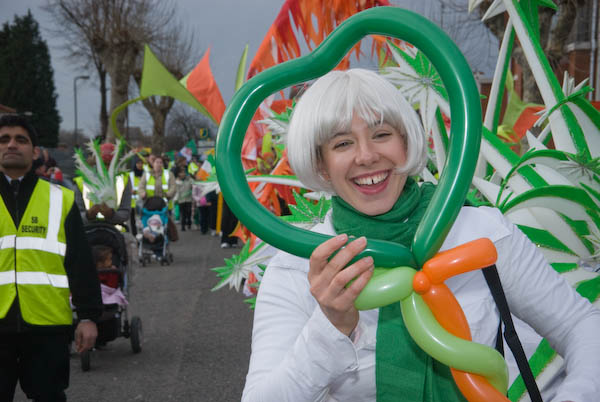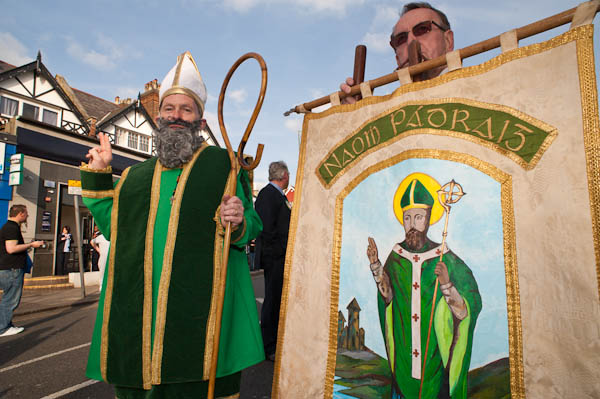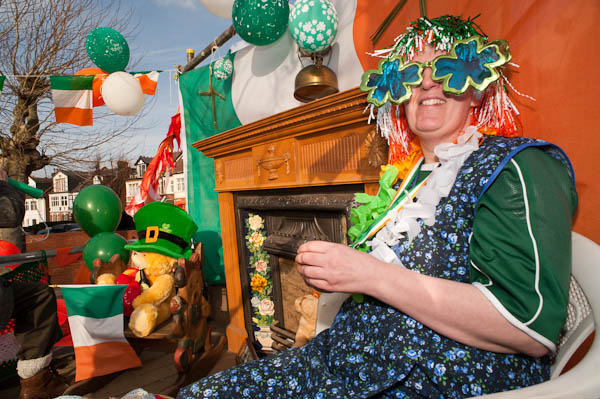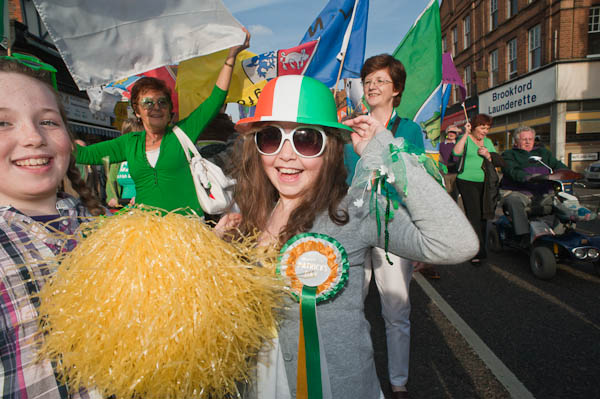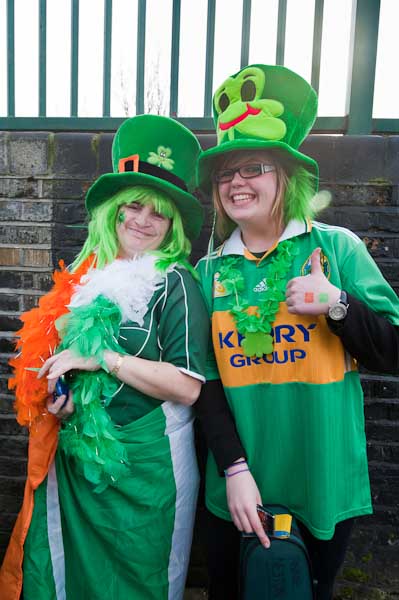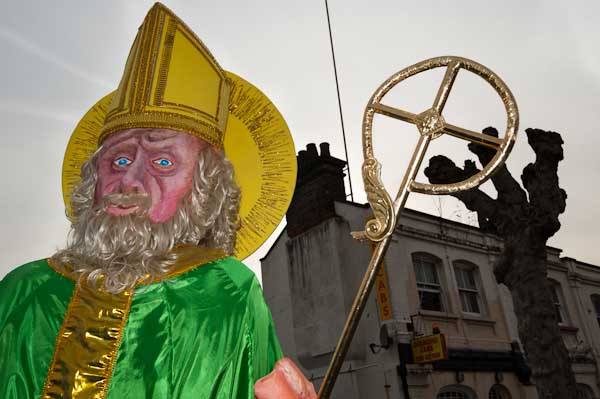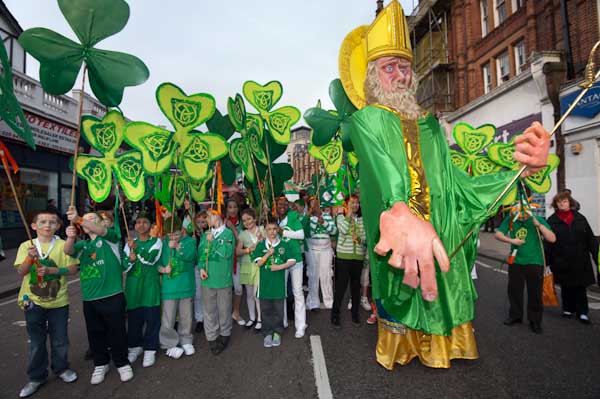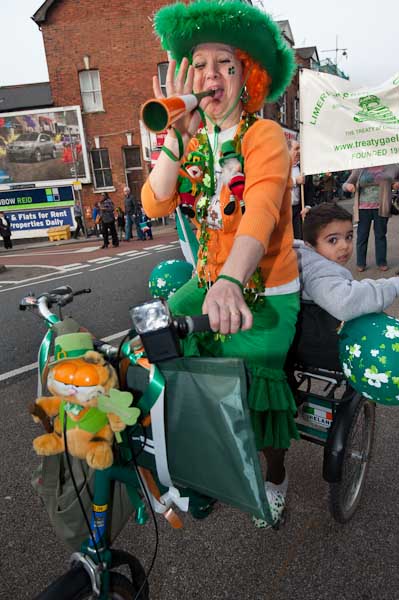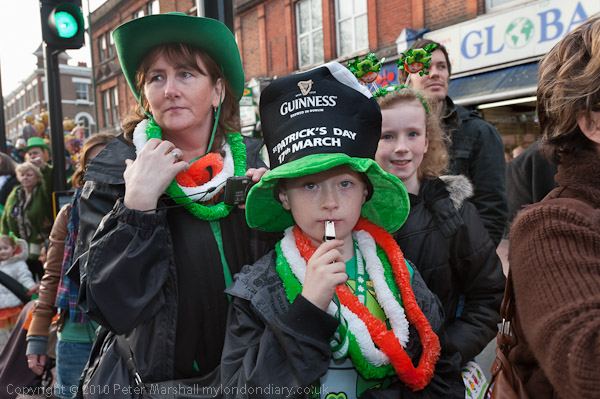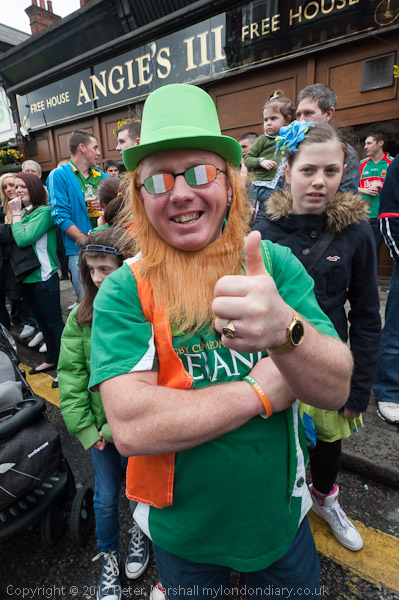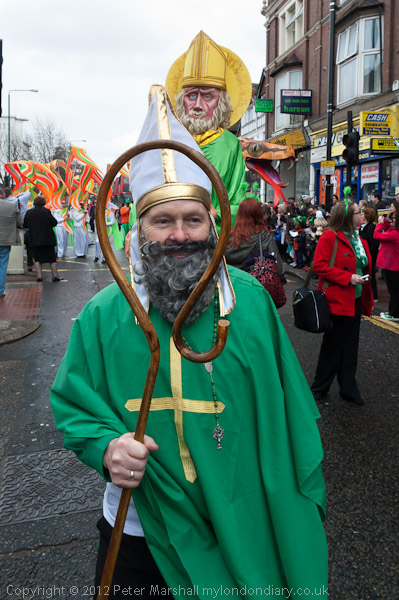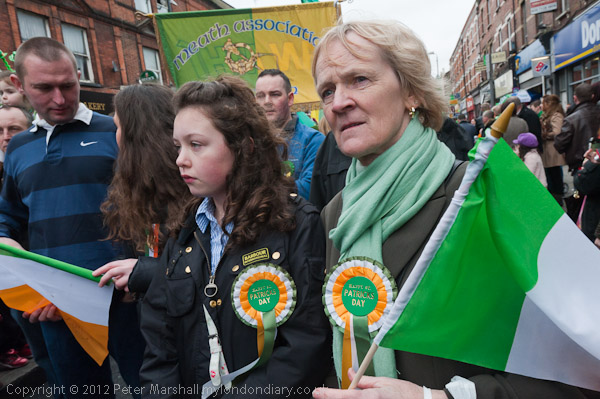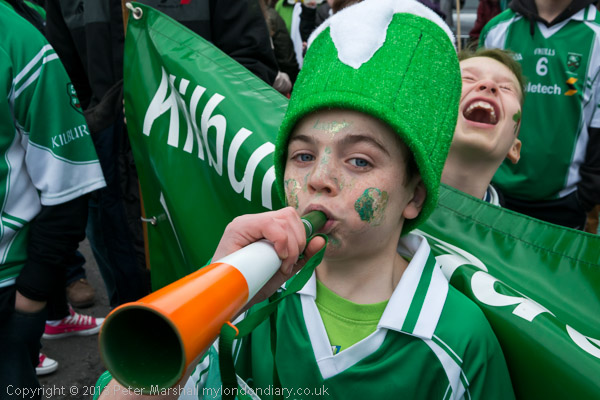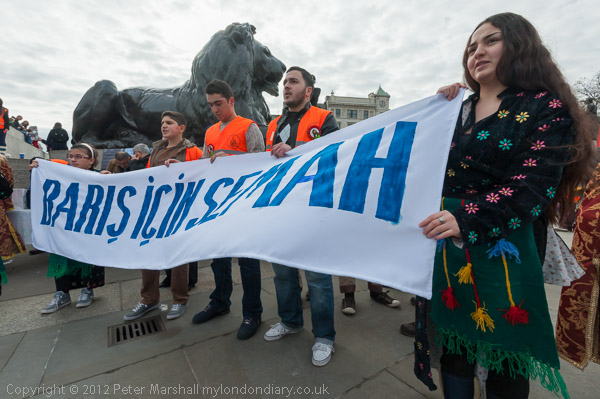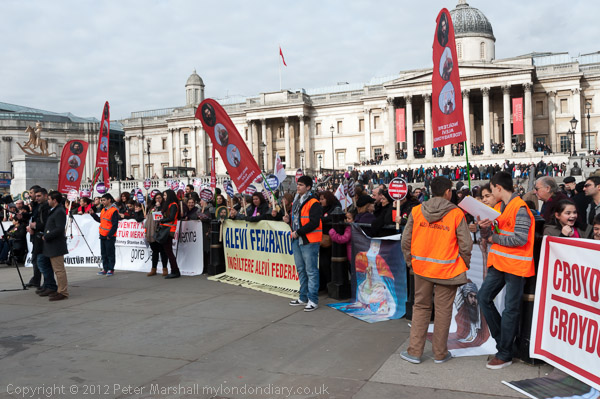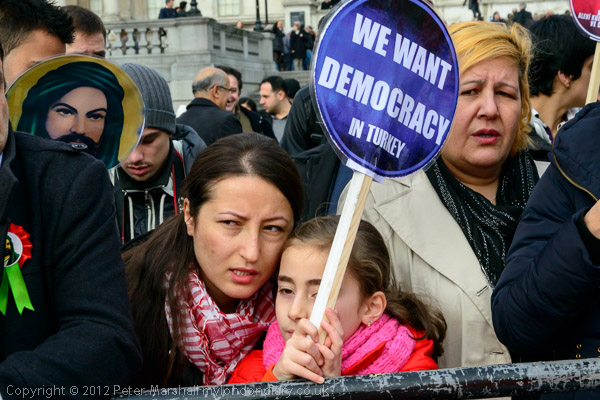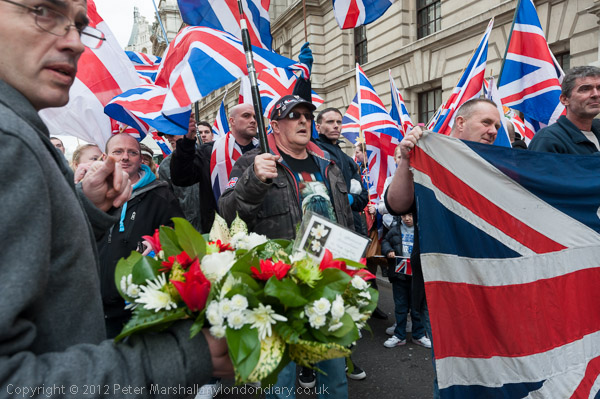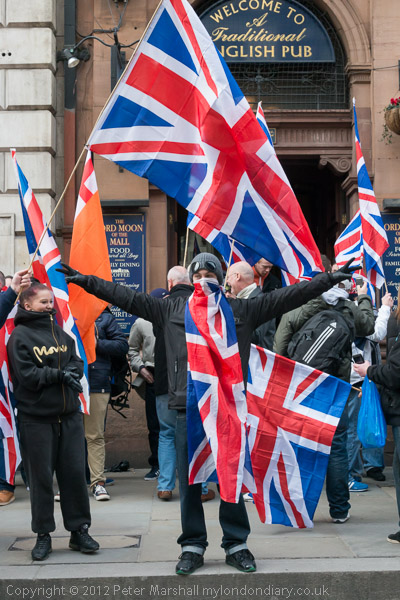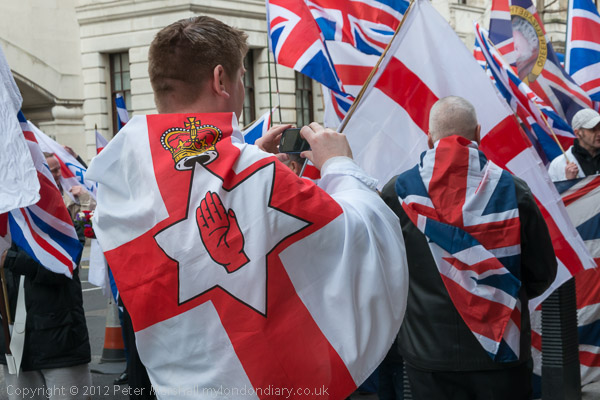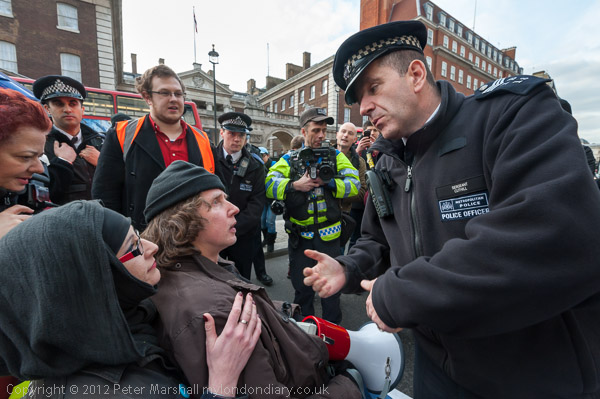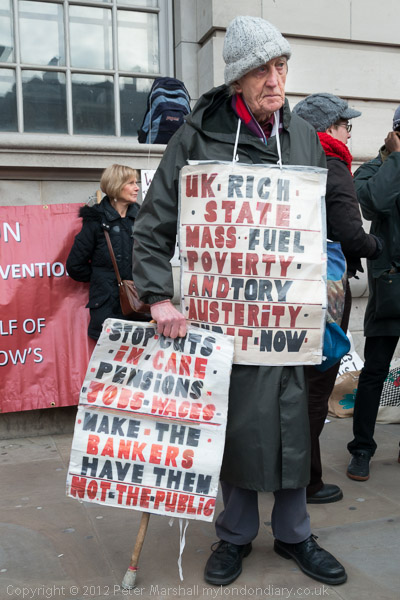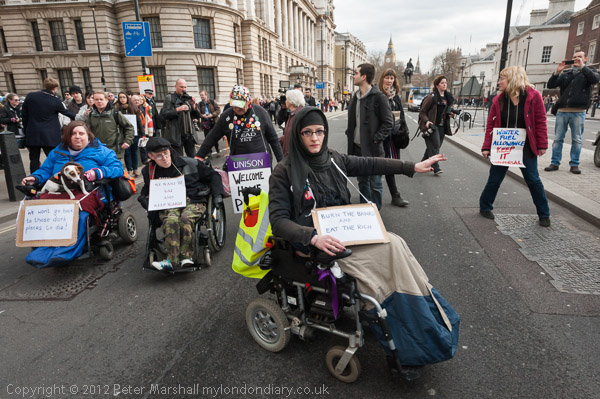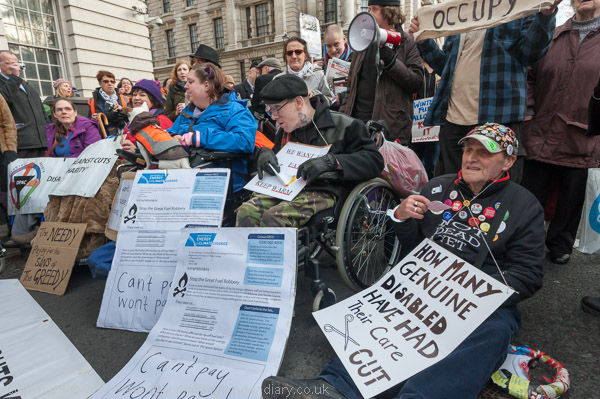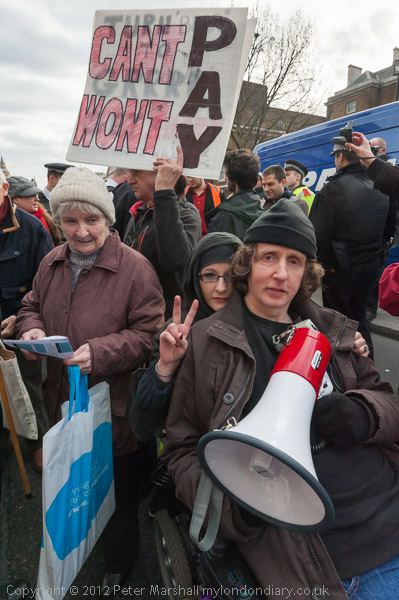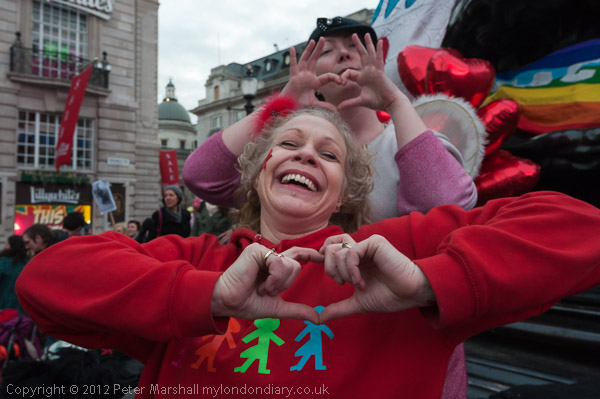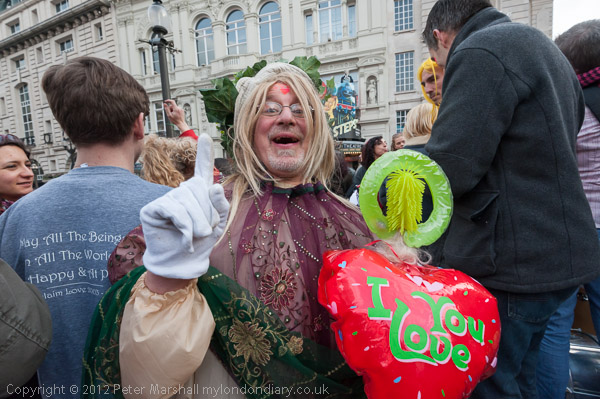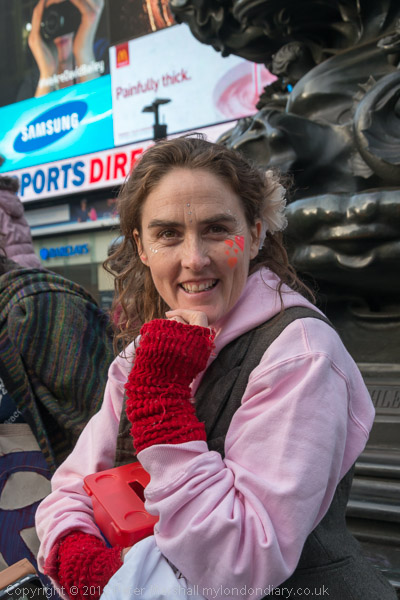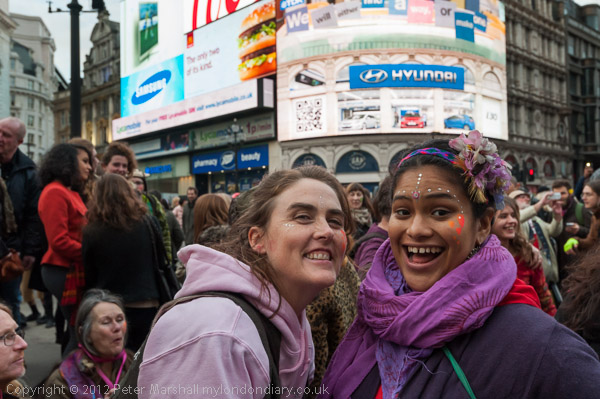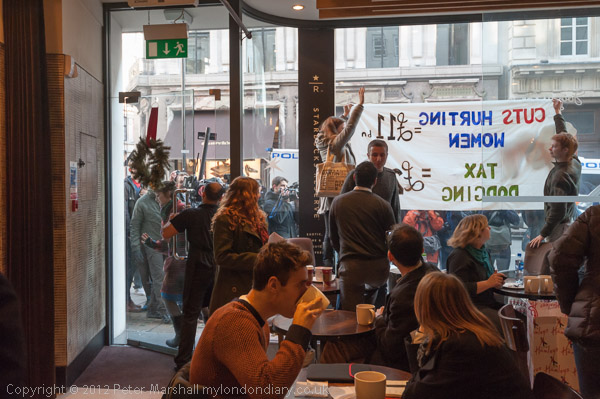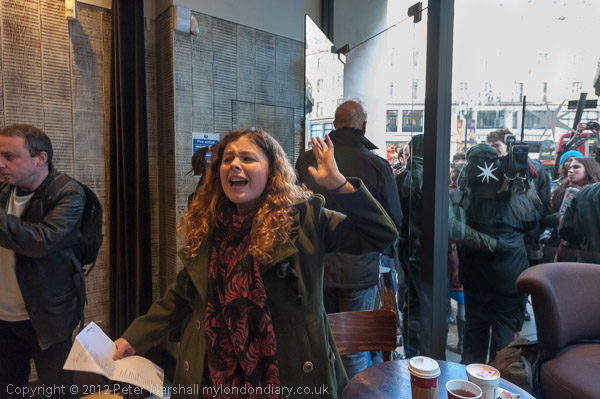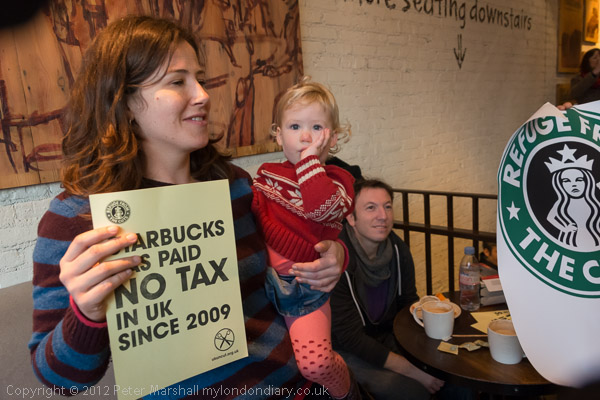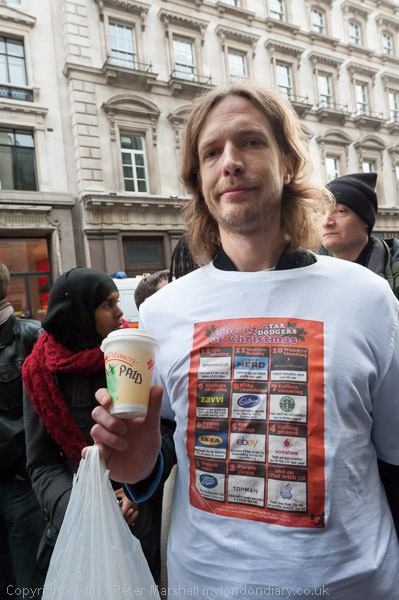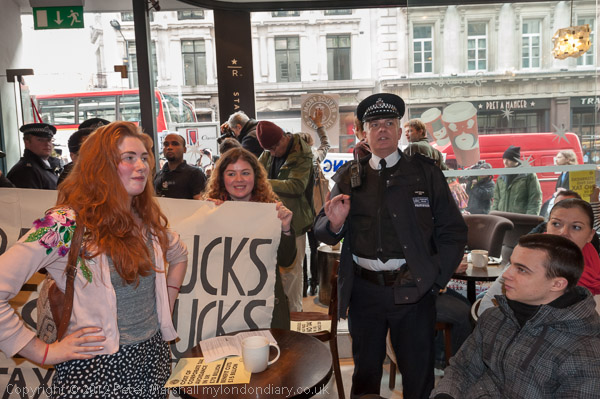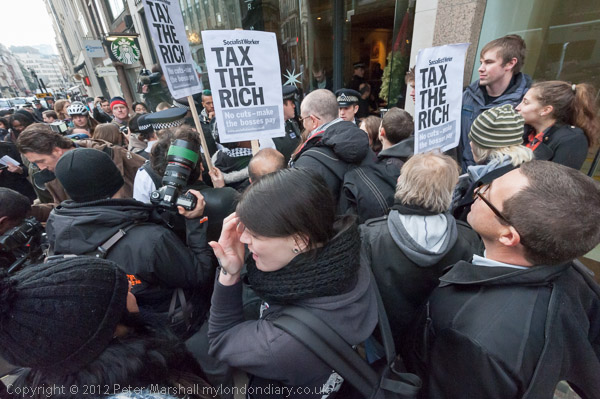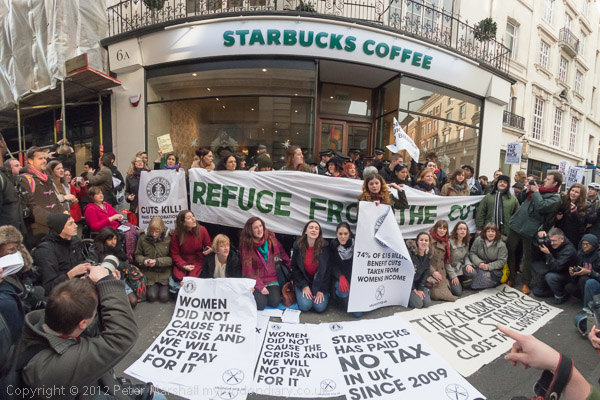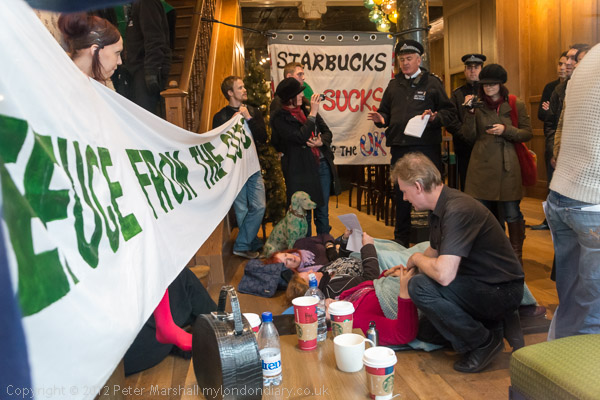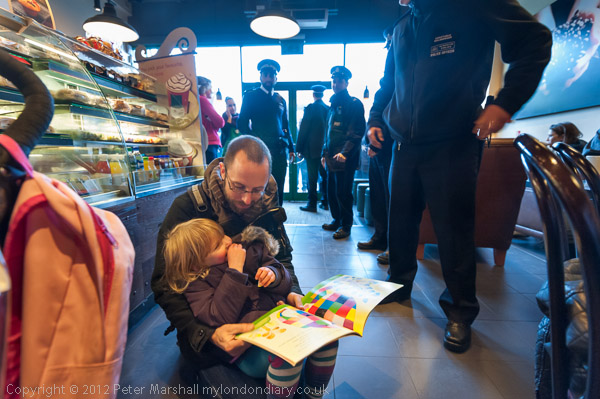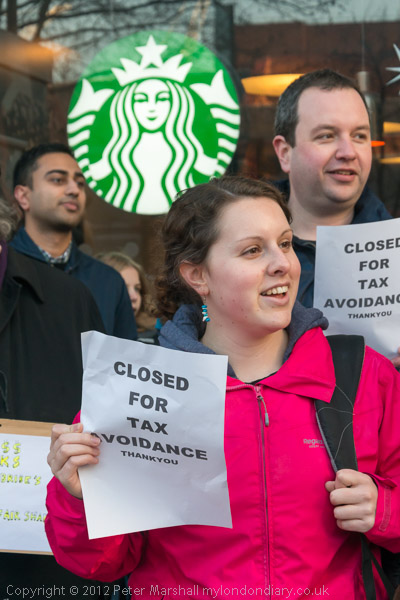Wednesday 20th October 2020 was a rather different day for me. I started photographing speakers at an indoor rally, something I rarely do, went off to meet with my MP in a pub, then photographed a march against cuts in welfare and the loss of public sector jobs, ending the day at the opening of a show featuring myself and two other photographers, one of whom, Paul Baldesare took two of the pictures in that section of today’s post.
Jesse Jackson & Christian Aid Lobby – Westminster, Wednesday 20 October 2010
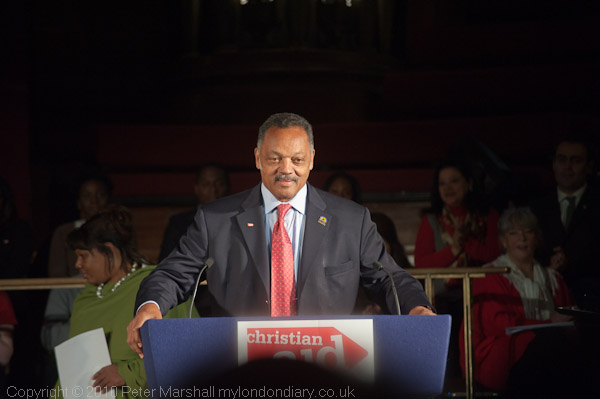
I was one of the 2,500 or so Christian Aid supporters who came to Westminster to lobby their MPs on 20.10.2010, asking them to press for transparency and fairness in the global tax system and for action on climate change.

The day started with a rally in the Methodist palace of Westminster Central Hall, opposite Westminster Abbey, the hall where the inaugural meeting of the United Nations General Assembly took place in January 1946. The Methodists had then moved out for a few months to allow this to take place, and special seating, translation booths installed, along with extra lighting to allow the event to be photographed and televised. But I think that lighting must have been removed as it was pretty dim inside for me to photograph the speakers. But I and a small group from my constituency were fortunate to be inside as there wasn’t enough room for all who came.
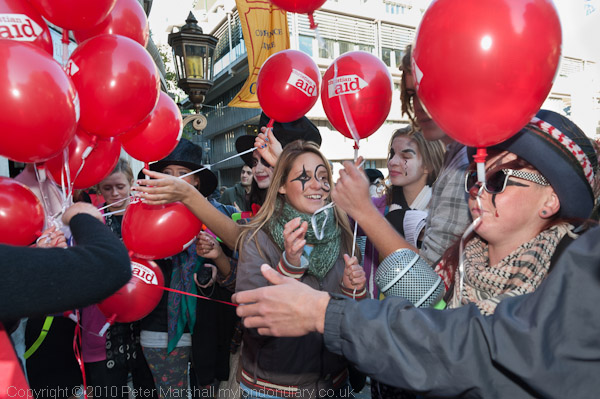
There were speakers from this country and abroad, but the star of the event was undoubtedly the Rev Jesse Jackson, a noted US civil rights and political activist, president and founder of the Rainbow PUSH Coalition, a candidate for the Democratic presidential nomination in 1984 and 1988.
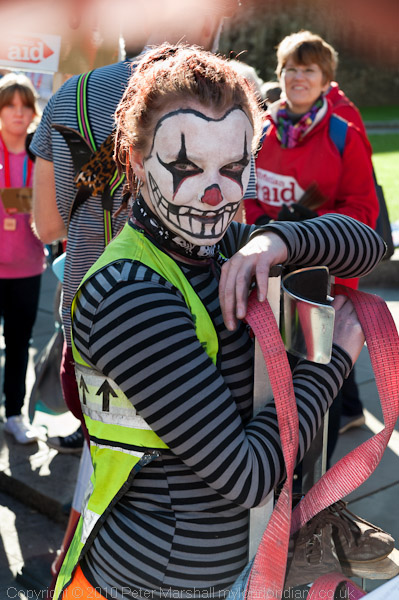
After the rally and a hurried lunch a small group of us from his Spelthorne constituency met with our then recently elected MP, Kwasi Kwarteng, who suggested we find a place in the St Stephen’s Tavern to talk rather than have to go through the tedious business of queueing to go through security to meet inside the parlimentary offices. Although he was still relatively unknown it was rather easy to find him, as there are relatively few extremely tall black male MPs. Though rather more share his educational background of prep school and Eton.
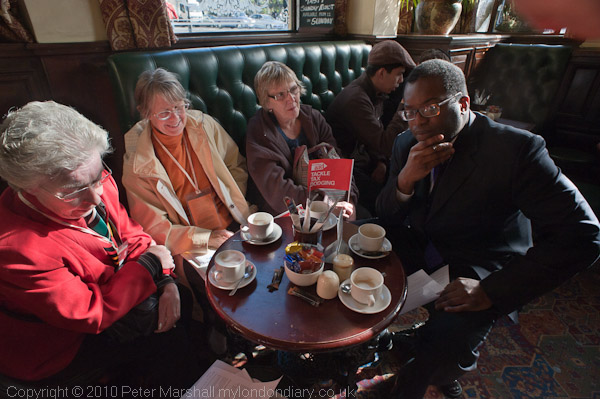
Since then his rise to fame has been rapid, though after his recent sacking after only 38 days as Chancellor of the Exchequer, perhaps that should be notoriety. He has only visited his constituency on fairly rare occasions and I’ve yet to meet him again, though have seen him from a distance outside parliament.
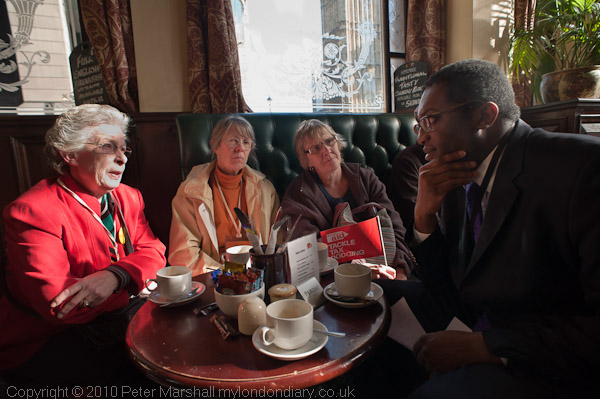
He listened – or at least stayed fairly quiet – while my wife and others talked about the campaign for tax justice and the need for reforms to stop the various forms of tax dodging by major companies robs poor countries of more than $160bn a year, while climate change and the natural disasters it is bringing have a vastly greater impact on the poorer countries who are most vulnerable, despite their much lower per capita carbon footprints. They suffer from the results of our high dependence on fossil fuels.
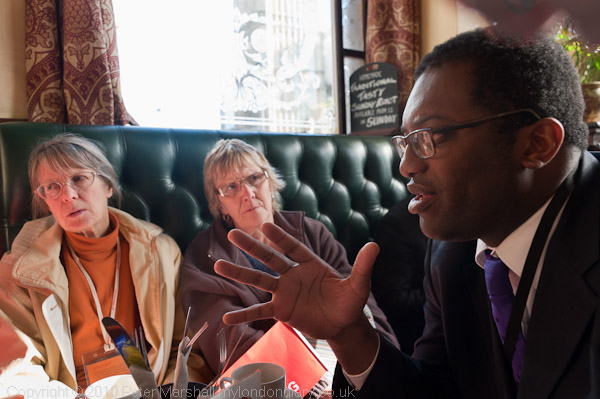
But his response to the lobbying was perhaps best described as ‘mansplaining’; we were not at the time aware of his work as a consultant for the Odey Asset Management hedge fund or the recent allegations by Private Eye that he has continued to receive undeclared contributions from them. Certainly his activities as Chancellor have resulted in them and other hedge funds who bet against the pound making millions.
More at Jesse Jackson & Christian Aid Lobby.
March Against Spending Cuts – Malet St & Lincolns Inn Fields, Wed 20 Oct 2010
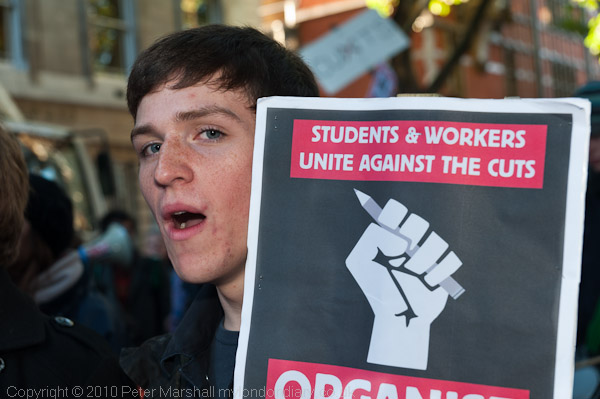
This was the day that the government announced the results of their comprenhensive spending review (CSR) which involved considerable cuts in welfare benefits and the loss of many public sector jobs as services are cut. The deficit left by the outgoing New Labour government had given the Tories in the Con-Dem coalition a perfect excuse to slash the public sector and privatise services in a way they would never have dared before.
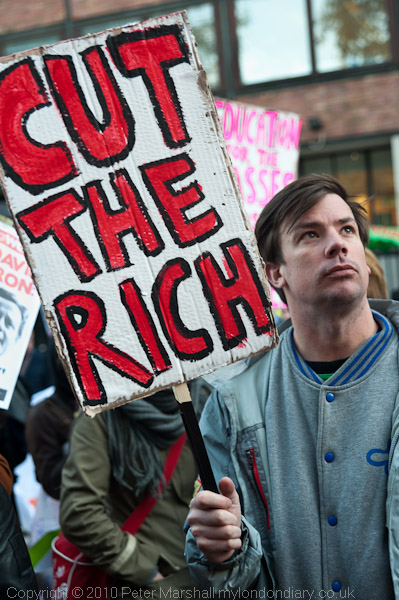
More than a million public sector jobs were expected to be lost, with some being replaced by private sector workers on lower wages, fewer benefits, lower standards of delivery and safety and higher workloads. There will be more cases of people suffering as private companies expand into healthcare, putting profits before the needs of people, and similar changes in other areas.
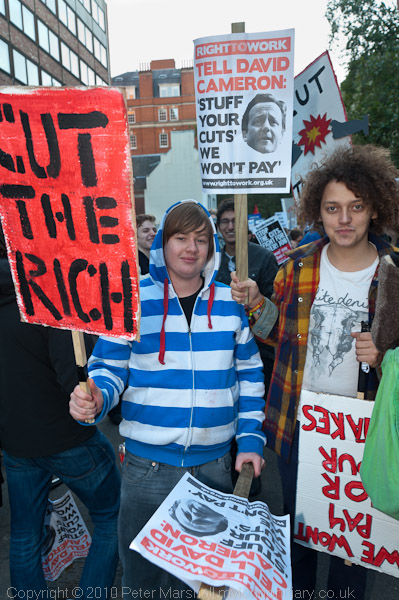
The Coalition of Resistance who called the protest say the £83 billion to be cut from public services will plunge the economy into a slump. Rather than cutting jobs, pay, pensions, benefits, and public services that will hit the poor ten times harder than the rich, they urge the government to cut bank profits and bonuses, tax the rich and big business. Rather than contract out the NHS, they should axe Trident and withdraw from Afghanistan.
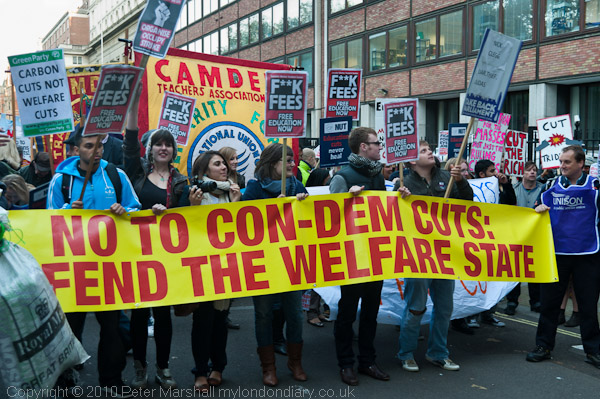
I had to leave before the rally at the end of the march at Downing Street to prepare for the opening of an exhibition I had organised in Hoxton.
Paris • New York • London Opening – Shoreditch Gallery, Hoxton Market. Wed 20 Oct 2010
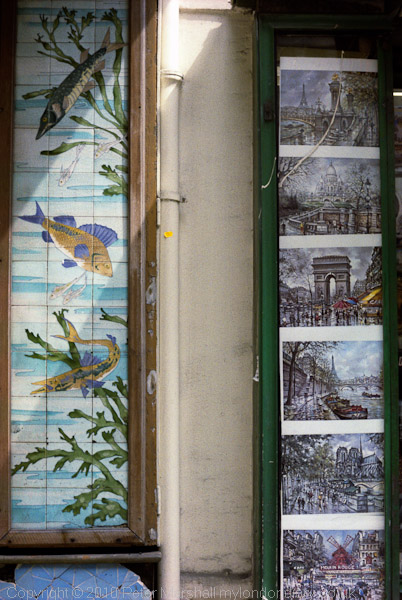
Together with two photographer friends I had put on the show Paris • New York • London at the Shoreditch Gallery which was attached to a cafe in Hoxton Market, a small street just off Great Eastern Street, close to Hoxton Square. Rather confusingly this is not where the actual Hoxton Market is now held which is in Hoxton St.
The show was a part of the East London Photomonth annual photography festival, and over the month it was on attracted a decent number of visitors and comments. My section was Paris, and I’d ordered a decent number of copies of my book, Photo Paris, still available at Blurb, most of which sold at the show. Unfortunately I think it now costs around twice as much as I was able to sell it for then.
Paul Baldesare’s pictures of London and pictures taken by John Benton-Harris in New York completed the show and you can still see the work online on a small web site I wrote for the event. Thanks to Paul for some pictures taken at the opening where I was too busy talking to use a camera.
Paris • New York • London Opening
